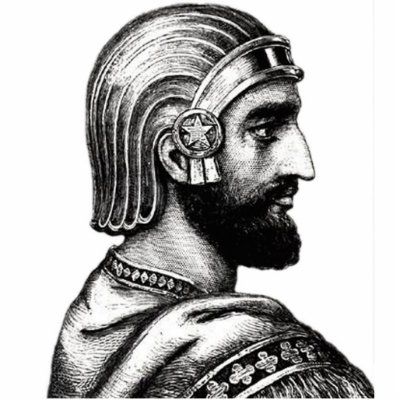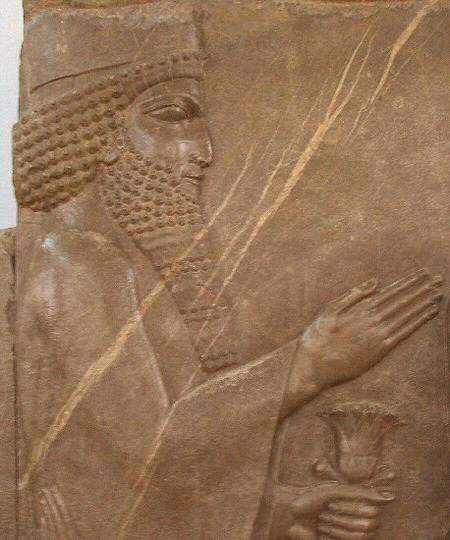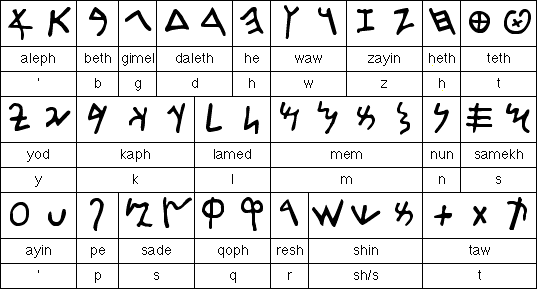1) Explain the origins of the caste system
No accepted theory has been accepted about the caste system. However the caste system in India is quite similar to its Iranian counterparts. The system consisted of Brahmins (Priests), Kshatriya (Warriors), Vaishya (Merchants, and Shudras (Artisans).
2) What does the Aryan term "varna" mean?
It is the categorization of of people into four castes.
3) Briefly explain or identify who was in each of the four main varnas.
the Brahmins: scholars, teachers, priests and sages.
the Kshatriya: kings, soldiers, and rulers.
the Vaishyas: merchants, cattle herders and agriculturists.
the Shudras: labourers, craftsmen and artisans.
4) What was the fifth varna that was added to the system?
The Dharmasastras, the untouchables.
5) What does the term "jati" mean? What were the rules? What were the punishments?
Jati was a term used to denote tribes, communities, etc.... You couldn't mix with other communities, but communities still mixed rarely. The punishments weren't capital because the Hindus opposed capital punishment.
6) What was the believed benefit of having castes and jatis in Aryan society?
The believed benefit was that they thought it would keep away people from the lower class such as Brahmins not mixing Shudras or the Dharmasastras.
7)What were the "Upanishads" ?
These were ancient texts that originated from the early Hindu religion.
8) Explain the term "Brahman", "samsara", and "karma".
Brahman is the one supreme spirit that is the origin of the universe. Samsara is the life cycle, which also includes death, and reincarnation. In simple terms, Karma is a cause and effect cycle, which originated from ancient India.
9) What was "Moksha"? What two things were required to attain it?
Moksha meant "to let go". To achieve it, you needed to learn one form of Yoga, and you needed to take one form of Vedanta (Advaita, and Dvaita).
10) Briefly explain how the Upanishads explained the caste system
The Upanishads showed that the system had four tiers and different from others.








